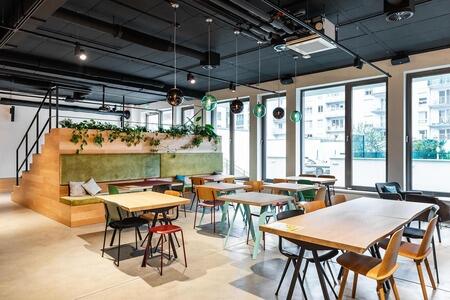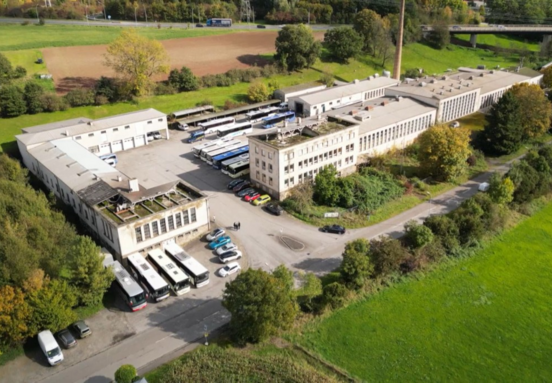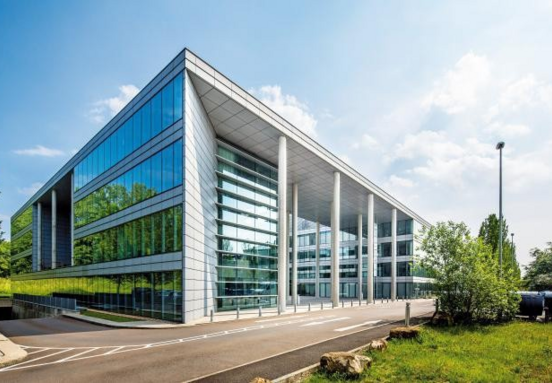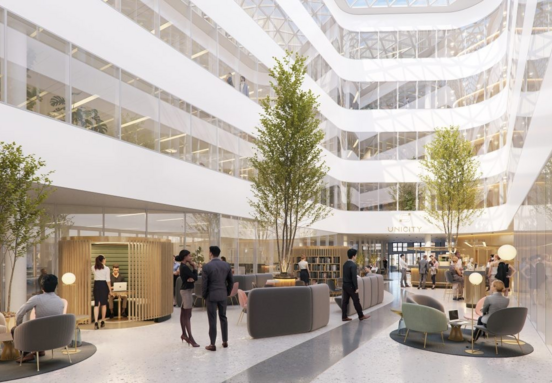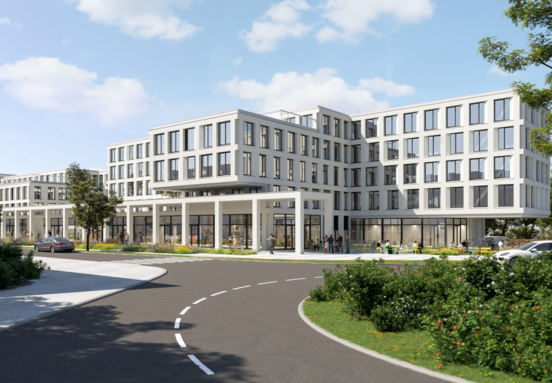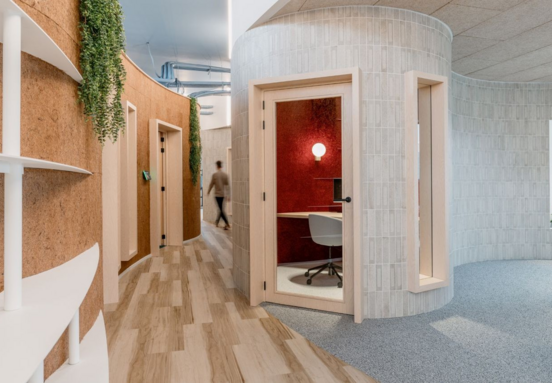Luxembourg Invests in Flexible Workspaces
Luxembourg is investing in its workspace infrastructure, with a notable expansion of coworking facilities nationwide. While initially focused on providing flexible alternatives for civil servants, this initiative reflects a broader trend towards hybrid work models and the decentralisation of traditional office setups. This evolution in work patterns is a key factor for businesses considering their office space needs in the Grand Duchy.
Key Details of the Expanding Network
Following the launch of the first location in Schieren (22 desks, opened March 2024), a second coworking space for civil servants has recently opened its doors in Clervaux. This new facility offers 14 workstations within a 185-square-meter area. Strategically located in the northern border region, close to transport links (bus stop nearby, 1,000m from the train station), and with parking availability, the Clervaux site aims to serve employees, including cross-border commuters from Germany and Belgium.
Further expansion is planned, with a third site featuring 32 workstations scheduled to open in the south (Bettembourg/Dudelange) by September 2024. The government's plan outlines up to 120 coworking desks across five locations by the end of 2026.
Driving Forces Behind the Trend
The development of these spaces is part of a government agreement. Several objectives drive it: offering an alternative to full-time teleworking, fostering team cohesion through shared physical spaces, and reducing commute times by bringing workplaces closer to employees' residences. The Clervaux location, for instance, is estimated to save 26.2 tonnes of CO₂ emissions annually if its 14 desks are used 200 days a year.
Implications for Commercial Office Space in Luxembourg
While these specific coworking spaces are for the public sector, their rapid rollout and stated goals signal essential trends relevant to the commercial real estate market. Businesses looking for office space in Luxembourg should consider these shifting dynamics:
Adapting to the Hybrid/Flexible Model
The increasing acceptance and implementation of flexible and hybrid work models means that the traditional requirement for ample, central office space for every employee may change. Businesses might see increased demand for smaller satellite offices, flexible workspace memberships, or offices outside the immediate city centre, closer to where employees live.
Strategic Location Choices
The choice of locations like Clervaux (north border) and Bettembourg/Dudelange (south) for these new public coworking spaces indicates a recognition of the need for workspace solutions in diverse regions of the country, serving commuters and residents alike. This highlights potential areas where businesses might find value in establishing a presence or considering rental options to accommodate their workforce's geography better.
The expansion of Luxembourg's coworking infrastructure, even within the public sector, underscores a national move towards more adaptable and decentralised work environments. This trend will likely continue shaping the demand and characteristics of commercial office space rentals across the Grand Duchy.
